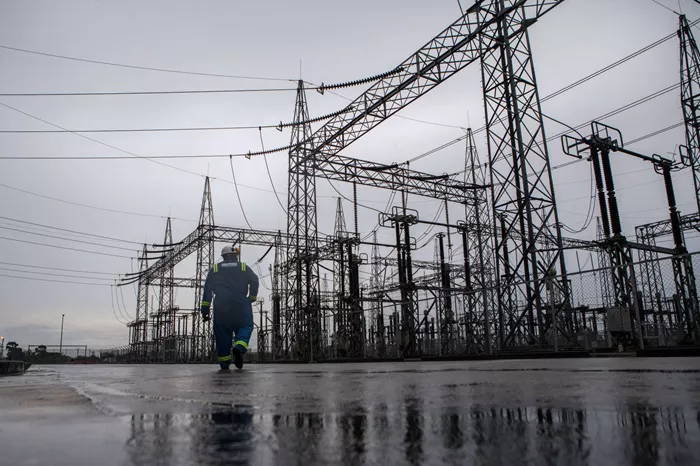In 2024, the Federal Government of Nigeria allocated N8.73 billion to enhance power infrastructure at airports, focusing on ensuring a stable electricity supply to the newly built international terminal at Nnamdi Azikiwe International Airport, Abuja. This move aims to resolve long-standing electricity reliability issues that have disrupted airport operations and passenger services, including critical systems such as airfield lighting, baggage handling, and security scanners.
According to a report from BudgIT’s GovSpend platform, significant payments have been made to J. Marine Logistics Ltd for outsourced electricity services. These payments include N5.67 billion for power supplied between March and September 2023, N2.19 billion for services covering part of 2023 and May 2024, and an additional N874.42 million as part-payment for electricity during that period.
The recurrent power outages at Abuja airport had caused operational inefficiencies and safety concerns, particularly during night operations and peak travel seasons. While the recent investments have been welcomed, experts are calling for more sustainable energy solutions to reduce the reliance on traditional power sources.
Aviation expert Olumide Odunayo raised concerns over the high costs associated with the current electricity arrangement, which heavily relies on electricity from distribution networks and diesel-powered generators. He pointed out that these costs strain airport operations and lead to higher service charges for passengers. Odunayo recommended investing in renewable energy sources like solar or wind power to enhance operational efficiency, reduce costs, and improve reliability.
In response to these concerns, the government is exploring renewable energy options to provide more eco-friendly and cost-efficient systems. Minister of Aviation and Aerospace Development Festus Keyamo revealed that the government spends N1 billion monthly on electricity at Lagos airport alone. To curb these costs, the ministry is prioritizing the transition to solar power, which could save up to 30% of current electricity expenses. Keyamo also emphasized the importance of aligning with global aviation standards, particularly the International Civil Aviation Organization’s target of achieving net-zero carbon emissions.
Looking ahead to 2025, the Federal Government has significantly increased its aviation budget, allocating N105.95 billion compared to N63.32 billion in 2024. This includes N5 billion for power and energy improvements at airports in Lagos, Abuja, and other locations, as well as another N5 billion for aerospace facility development in Abuja. Both projects aim to improve passenger experience, operational efficiency, and Nigeria’s position as a major international aviation hub.
These efforts build on previous initiatives, such as the 2018 commissioning of Abuja’s new terminal, designed to accommodate growing passenger traffic and provide world-class facilities. With a focus on sustainable energy and infrastructure upgrades, the government is working to address operational challenges while fostering environmentally friendly practices within the aviation sector.

